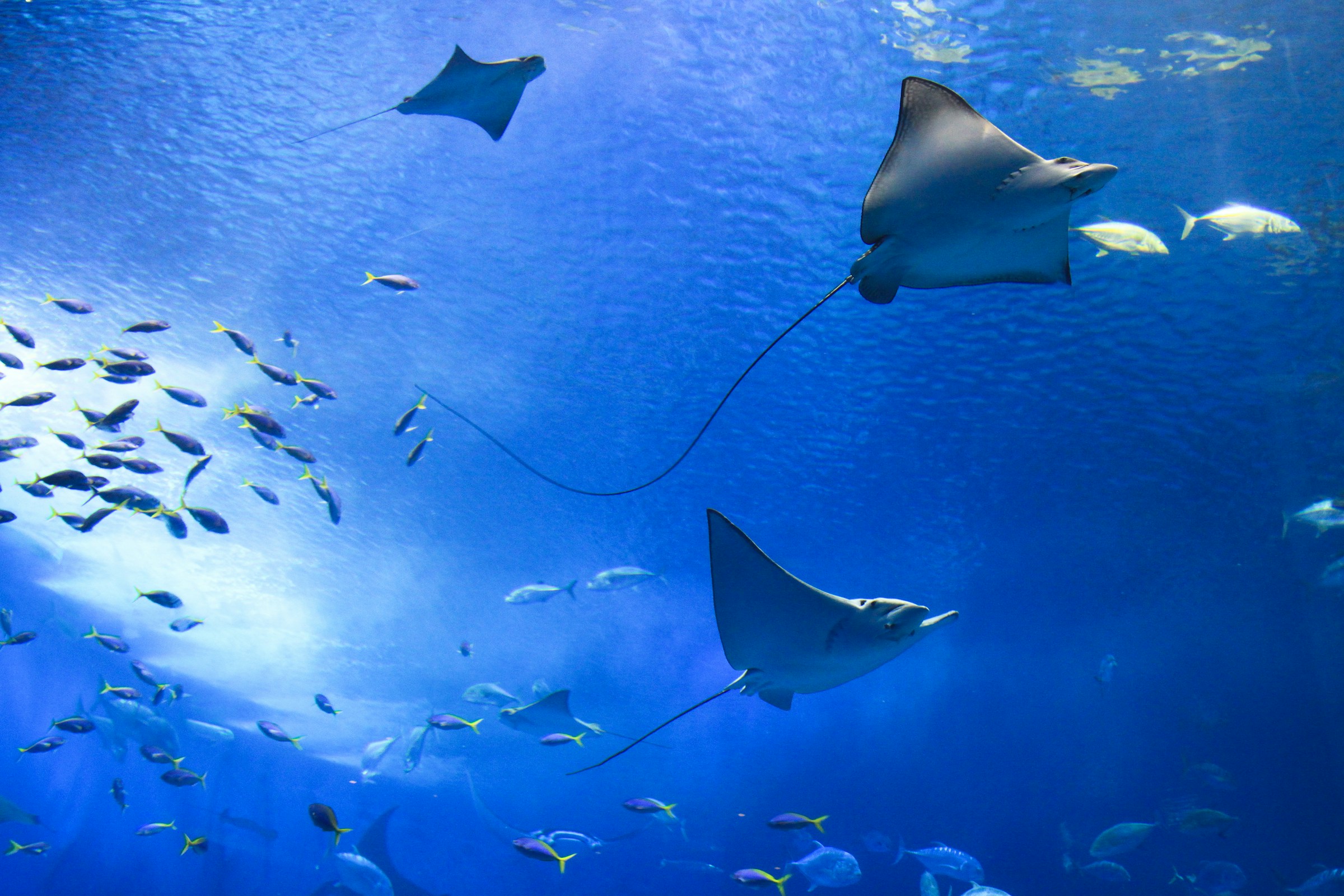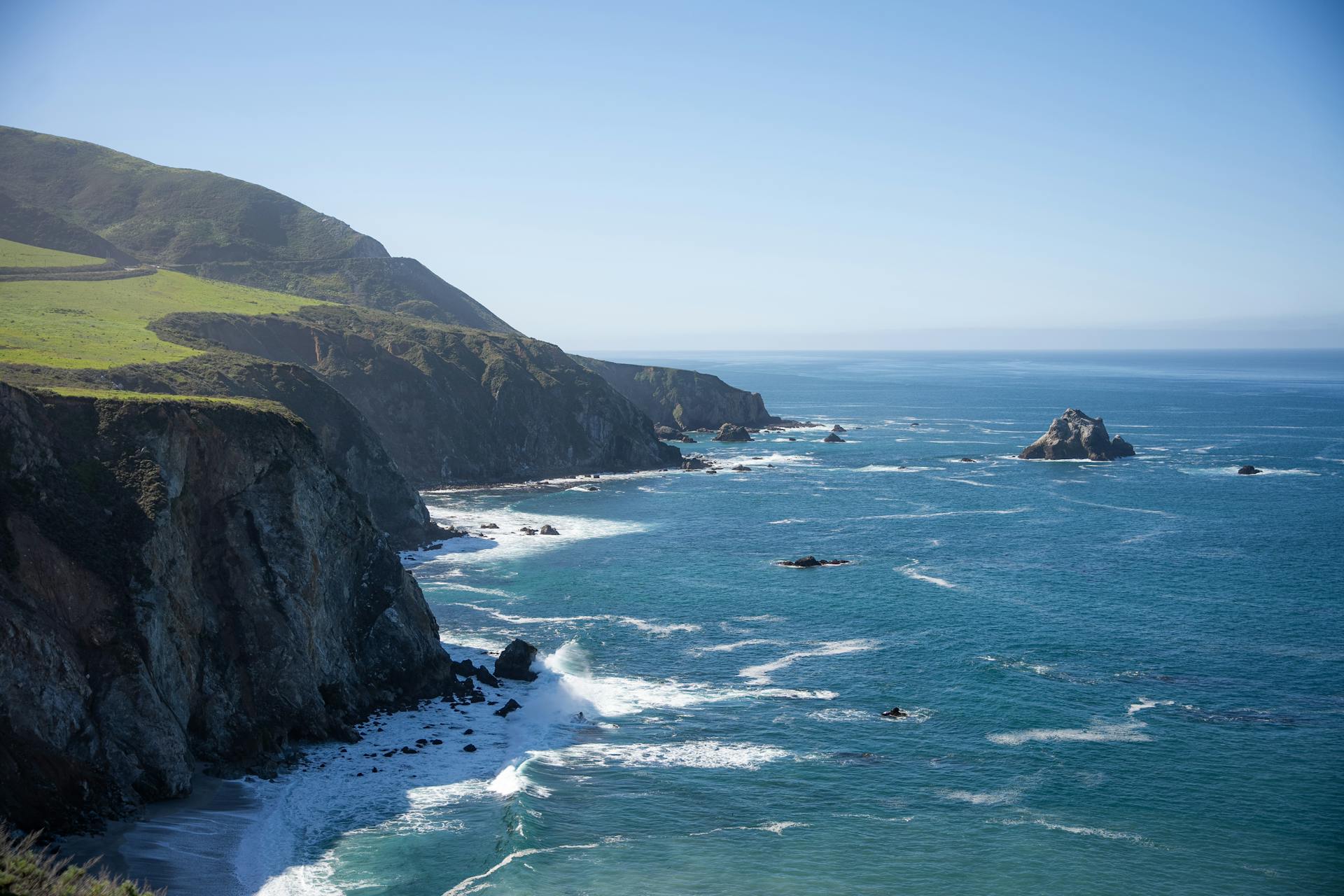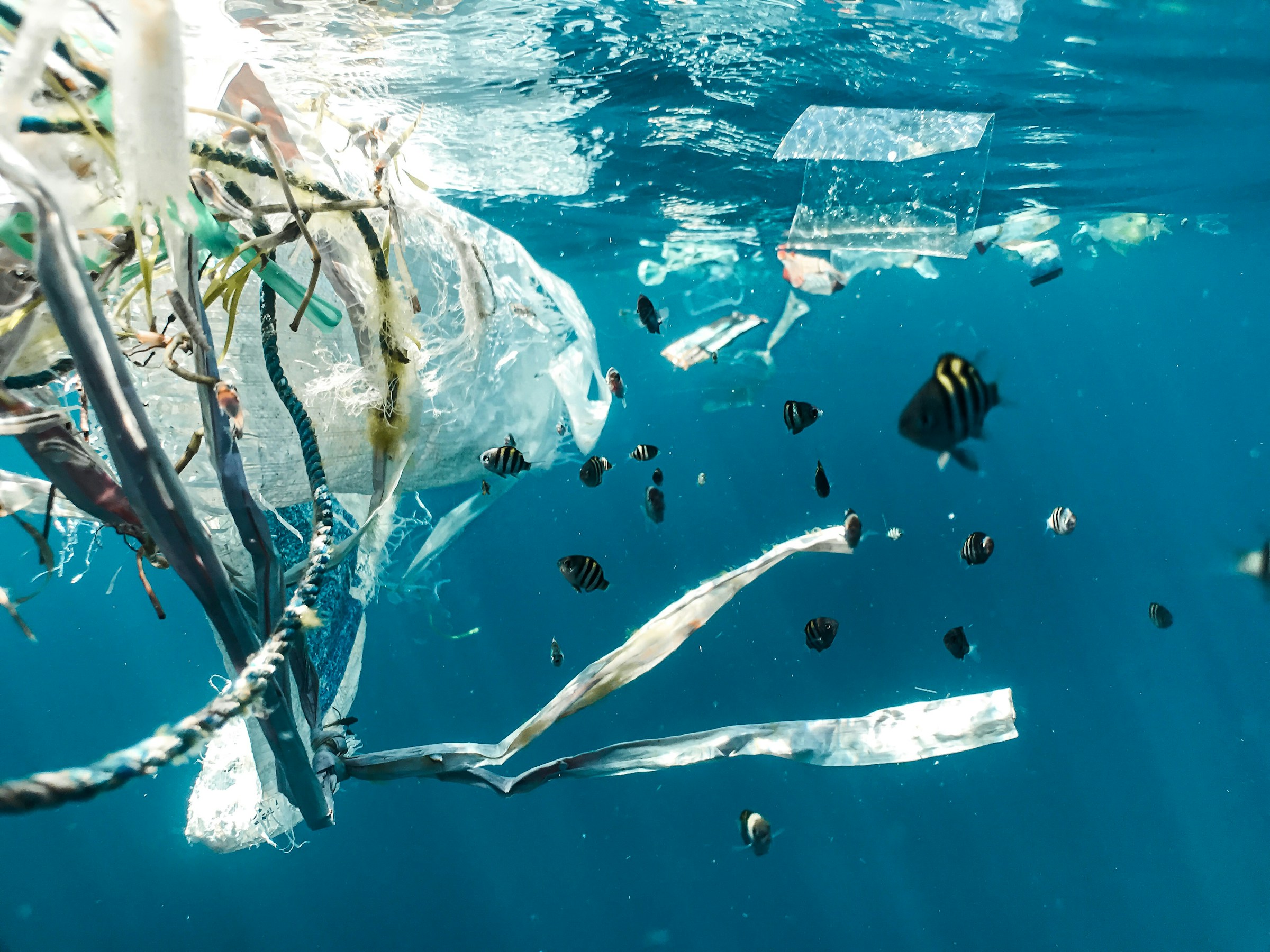Our oceans cover more than 70% of the Earth’s surface, teeming with life and playing a crucial role in sustaining life on our planet. Yet, despite their immense importance, the health of our oceans is at risk, threatening not only marine life but the very future of our ecosystems and humanity itself.
Oceans are the lifeblood of our planet, providing food, oxygen, and regulating the climate. Beneath their waves, marine life thrives in complex ecosystems, from vibrant coral reefs to the deep, mysterious sea. These ecosystems support countless species, including those we rely on for food, and they are integral to maintaining the balance of life on Earth. However, our oceans face growing threats from pollution, overfishing, and climate change. As stewards of this planet, it is essential that we recognize the importance of preserving these vital ecosystems—not just for today, but for future generations who will rely on them for survival.
Ocean Biodiversity and Marine Life
Oceans are home to an astonishing array of biodiversity, supporting more than 230,000 known species, with many more waiting to be discovered. From microscopic plankton to the majestic blue whale, marine life plays a pivotal role in the balance of our ecosystems. Healthy ocean ecosystems, such as coral reefs, kelp forests, and deep-sea habitats, form the foundation for countless species, with each playing a specific role in maintaining ecological balance. These ecosystems are the lifeblood of marine life, providing shelter, food, and breeding grounds for species across the globe.
Marine life is intricately linked to food chains that sustain life on land as well. For example, small fish like sardines and anchovies form the diet of larger predators such as tuna and sharks, which in turn sustain even larger animals, including whales and seabirds. The loss of even a single species can cause ripple effects throughout the entire food web, disrupting the delicate balance of the ocean’s ecosystem and threatening species’ survival worldwide. Unfortunately, many marine species are now endangered due to overfishing, habitat destruction, and pollution. Iconic species like sea turtles, whales, and sharks are particularly vulnerable, and their survival is crucial for the health of the oceans and the broader ecosystem they support.
Climate Regulation and Carbon Sequestration
Oceans play a critical role in regulating the Earth’s climate by absorbing and storing large amounts of carbon dioxide (CO2), which helps mitigate climate change. The oceans act as a natural carbon sink, with phytoplankton at the surface absorbing CO2 from the atmosphere during photosynthesis. These microscopic organisms are responsible for producing half of the world’s oxygen and removing large quantities of carbon from the air, helping to regulate global temperatures. In fact, the oceans have absorbed about 90% of the excess heat produced by greenhouse gases over the past century, helping to slow the pace of climate change.
However, as the oceans warm due to climate change, their ability to absorb CO2 is diminishing. Warmer waters also disrupt the balance of marine ecosystems, leading to coral bleaching and the decline of vital marine species. Without healthy oceans, the ability of the Earth to mitigate climate change could be significantly reduced, exacerbating the challenges we face in addressing global warming.
Economic Benefits and Livelihoods
The economic benefits of healthy oceans are immense, with marine industries such as fishing, tourism, and shipping contributing trillions of dollars to the global economy each year. Fisheries alone provide food and income for billions of people worldwide, particularly in coastal and island communities. In addition, ocean-based tourism, including activities such as whale watching, diving, and beach tourism, supports millions of jobs and generates significant revenue. Marine resources are vital for many industries, from pharmaceuticals to renewable energy.
Unfortunately, the depletion of ocean resources threatens these industries and the livelihoods they sustain. Overfishing, habitat destruction, and pollution are driving down fish stocks and damaging critical ecosystems, leading to job losses and economic instability for communities that depend on these resources. If we fail to protect our oceans, we risk not only the loss of marine biodiversity but also the collapse of industries that are essential to global economies.
Preservation of Natural Resources
Oceans provide an abundance of natural resources, from seafood to minerals and energy. Fish and other marine organisms are a primary food source for billions of people, while the ocean floor contains valuable resources like oil, natural gas, and rare minerals used in technology production. The growing demand for these resources has led to unsustainable practices like overfishing, deep-sea mining, and pollution, putting immense pressure on marine ecosystems.
Sustainable resource management practices, such as regulated fishing, eco-friendly mining techniques, and the protection of marine habitats, are essential to ensure that ocean resources are available for future generations. If we continue to exploit the oceans without regard for their long-term health, we risk depleting the very resources that sustain us. Protecting our oceans is not just about preserving marine life; it’s also about safeguarding the essential resources we rely on for our survival.
Protection Against Natural Disasters
Healthy oceans and coastal ecosystems provide vital protection against natural disasters. Coral reefs, mangroves, seagrasses, and wetlands act as natural buffers, absorbing the energy of storms and preventing coastal erosion. Coral reefs, for example, reduce wave energy, protecting shorelines from hurricanes and tsunamis. Mangroves and seagrasses trap sediment, stabilizing coastlines and reducing the impact of flooding. These ecosystems are particularly important in vulnerable coastal areas, where millions of people live and depend on these natural defenses for protection.
However, the degradation of these ecosystems, driven by climate change, pollution, and overdevelopment, weakens their ability to protect coastal areas. As coral reefs bleach, mangroves are cut down, and seagrasses disappear, the risk of damage from storms and rising sea levels increases, putting lives and property at risk. Preserving these ecosystems is crucial for building resilience to natural disasters and protecting vulnerable communities.
Conclusion
The reasons to protect our oceans and preserve marine life are clear. From supporting biodiversity and regulating climate to sustaining economies and protecting coastal communities, the health of our oceans is intertwined with the future of life on Earth. It is crucial that we adopt sustainable practices, reduce pollution, and take collective action to safeguard these vital ecosystems. As individuals, communities, and governments, we all have a role to play in ensuring that future generations inherit a planet with thriving oceans and abundant marine life. Let’s act now to protect the oceans that sustain us.
Frequently Asked Questions (FAQs)
1. Why are oceans important for the planet?
Oceans are crucial for regulating the Earth’s climate, providing oxygen, and supporting biodiversity. They cover more than 70% of the Earth’s surface and help absorb carbon dioxide, mitigating climate change. Oceans also support the food chain, provide essential resources, and protect coastal areas from natural disasters.
2. What is ocean biodiversity, and why is it important?
Ocean biodiversity refers to the variety of marine species and ecosystems found in the ocean. It is essential for maintaining the balance of the ecosystem, supporting food chains, and providing resources for humans. Healthy marine life ensures the survival of species and ecosystems both in the ocean and on land.
3. How do oceans help fight climate change?
Oceans play a key role in regulating the global climate by absorbing carbon dioxide and heat from the atmosphere. Marine plants, particularly phytoplankton, remove CO2 from the air through photosynthesis, which helps mitigate the effects of climate change. Without healthy oceans, the Earth’s ability to combat climate change would be severely diminished.
4. What are the economic benefits of healthy oceans?
Healthy oceans support numerous industries, including fisheries, tourism, and shipping, contributing trillions of dollars to the global economy. Oceans provide food, jobs, and income for millions of people worldwide, especially in coastal communities that rely on marine resources for their livelihoods.
5. How can overfishing affect the economy?
Overfishing depletes fish stocks, disrupting the balance of marine ecosystems and negatively impacting industries that rely on fishing for food and income. This can lead to job losses, economic instability, and the collapse of local economies that depend on ocean resources.
6. How do oceans protect coastal areas from natural disasters?
Healthy oceans and coastal ecosystems, such as coral reefs, mangroves, and seagrasses, act as natural barriers to storms, hurricanes, and flooding. They absorb wave energy, reduce erosion, and stabilize coastlines, protecting communities from the destructive impacts of natural disasters.
7. What are the main threats to ocean health?
The primary threats to ocean health include pollution, overfishing, habitat destruction, and the impacts of climate change, such as ocean warming and acidification. These factors are causing damage to marine life, disrupting ecosystems, and diminishing the ability of oceans to provide resources and services.
8. How can we protect the oceans?
To protect the oceans, we must reduce pollution, promote sustainable fishing practices, support marine protected areas, and take action against climate change. Individuals can reduce their carbon footprint, support sustainable businesses, and participate in ocean conservation efforts. Governments and industries also have a responsibility to create policies that protect marine life and ecosystems.
9. What is the role of marine protected areas (MPAs)?
Marine protected areas (MPAs) are regions of the ocean designated for conservation, where human activities are limited or regulated to preserve marine biodiversity. MPAs help restore fish populations, protect endangered species, and allow ecosystems to recover from damage, ensuring that marine resources are available for future generations.
10. What can individuals do to help protect the oceans?
Individuals can make a significant impact by reducing plastic waste, supporting sustainable seafood choices, conserving water, and reducing their carbon footprint. Educating others about the importance of ocean conservation and participating in local clean-up efforts can also contribute to ocean protection.


